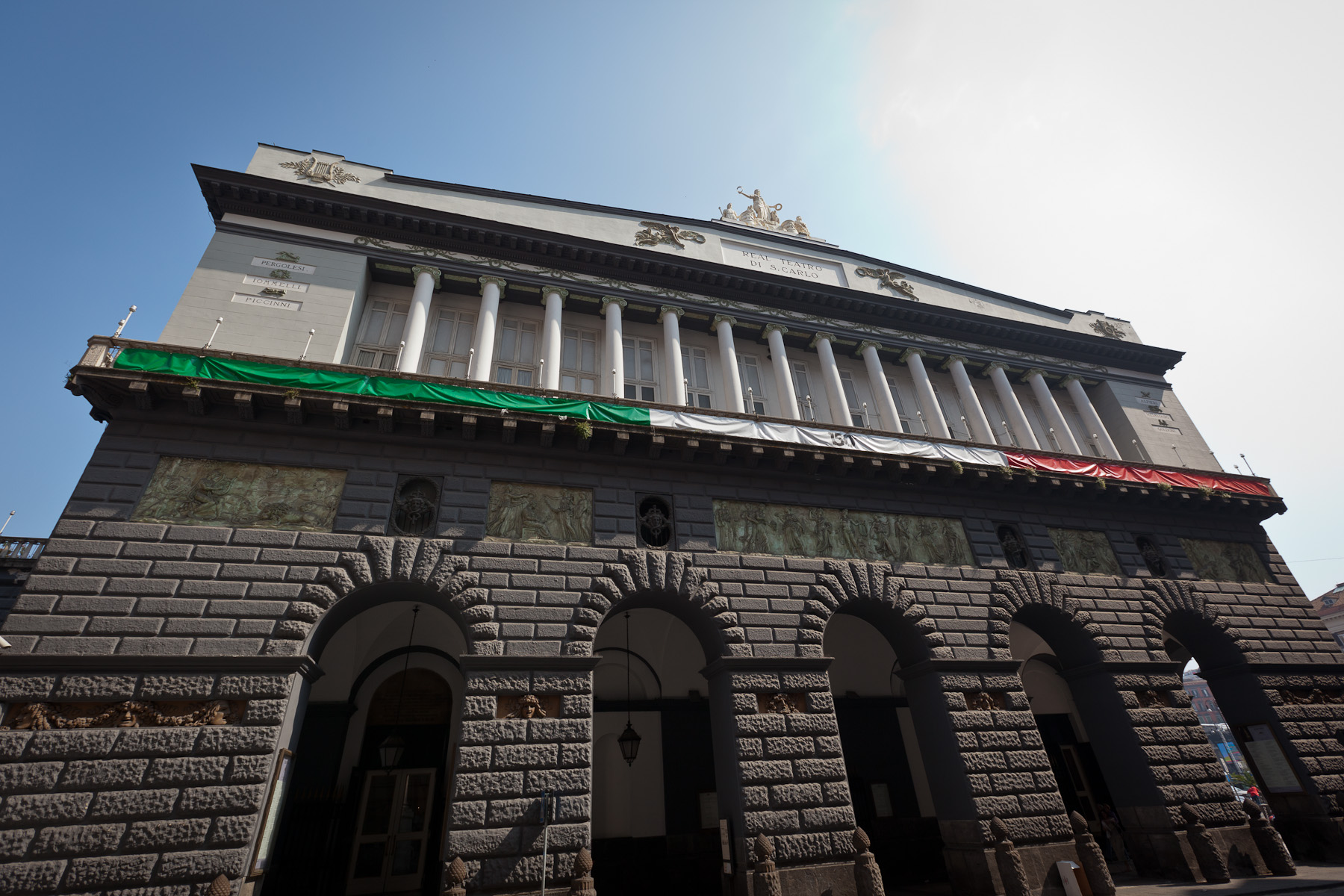|
Stadttheater, Bern
Bern Theatre, known in the city as Stadttheater Bern, is an opera house and theatre in Bern, Switzerland. The theatre opened in 1903 and was modernised between 2015–2016 with significant structural changes made to the backstage and auditorium. The theatre took on a new trading name from the 2011/2012 season through to the 2020/2021 as Konzert Theatre Bern representing the four different sections of the theatre; the Bern Symphony Orchestra (BSO), Musiktheater (Opera), Schauspiel (Theatre) and Tanz (Dance). Starting in the season of 2021 / 2022 the theatre will be known as Bühnen Bern. Famous past performers include Robin Adams, Agnes Baltsa, Inge Borkh, Renato Bruson, Grace Bumbry, José Carreras, Plácido Domingo, Salvatore Fisichella, Käthe Gold, Norma Sharp, Alexander Moissi Alexander is a male given name. The most prominent bearer of the name is Alexander the Great, the king of the Ancient Greek kingdom of Macedonia who created one of the largest empires in an ... [...More Info...] [...Related Items...] OR: [Wikipedia] [Google] [Baidu] |
Opera House
An opera house is a theatre building used for performances of opera. It usually includes a stage, an orchestra pit, audience seating, and backstage facilities for costumes and building sets. While some venues are constructed specifically for operas, other opera houses are part of larger performing arts centers. Indeed, the term ''opera house'' is often used as a term of prestige for any large performing-arts center. History Italy is a country where opera has been popular through the centuries among ordinary people as well as wealthy patrons and it continues to have many working opera houses such as Teatro Massimo in Palermo (the biggest in Italy), Teatro di San Carlo in Naples (the world's oldest working opera house) and Teatro La Scala in Milan. In contrast, there was no opera house in London when Henry Purcell was composing and the first opera house in Germany, the Oper am Gänsemarkt, was built in Hamburg in 1678, followed by the Oper am Brühl in Leipzig in 1693, and t ... [...More Info...] [...Related Items...] OR: [Wikipedia] [Google] [Baidu] |
Jessye Norman
Jessye Mae Norman (September 15, 1945 – September 30, 2019) was an American opera singer and recitalist. She was able to perform dramatic soprano roles, but refused to be limited to that voice type. A commanding presence on operatic, concert and recital stages, Norman was associated with roles including Beethoven's Leonore, Wagner's Sieglinde and Kundry, Cassandre and Didon by Berlioz and Bartók's Judith. ''The New York Times'' music critic Edward Rothstein described her voice as a "grand mansion of sound", and wrote that "it has enormous dimensions, reaching backward and upward. It opens onto unexpected vistas. It contains sunlit rooms, narrow passageways, cavernous halls." Norman trained at Howard University, the Peabody Institute, and the University of Michigan. Her career began in Europe, where she won the ARD International Music Competition in Munich in 1968, which led to a contract with the Deutsche Oper Berlin. Her operatic début came as Elisabeth in Wagner's ''Ta ... [...More Info...] [...Related Items...] OR: [Wikipedia] [Google] [Baidu] |
Opera Houses In Switzerland
Opera is a form of theatre in which music is a fundamental component and dramatic roles are taken by singers. Such a "work" (the literal translation of the Italian word "opera") is typically a collaboration between a composer and a librettist and incorporates a number of the performing arts, such as acting, scenery, costume, and sometimes dance or ballet. The performance is typically given in an opera house, accompanied by an orchestra or smaller musical ensemble, which since the early 19th century has been led by a conductor. Although musical theatre is closely related to opera, the two are considered to be distinct from one another. Opera is a key part of the Western classical music tradition. Originally understood as an entirely sung piece, in contrast to a play with songs, opera has come to include numerous genres, including some that include spoken dialogue such as ''Singspiel'' and ''Opéra comique''. In traditional number opera, singers employ two styles o ... [...More Info...] [...Related Items...] OR: [Wikipedia] [Google] [Baidu] |


